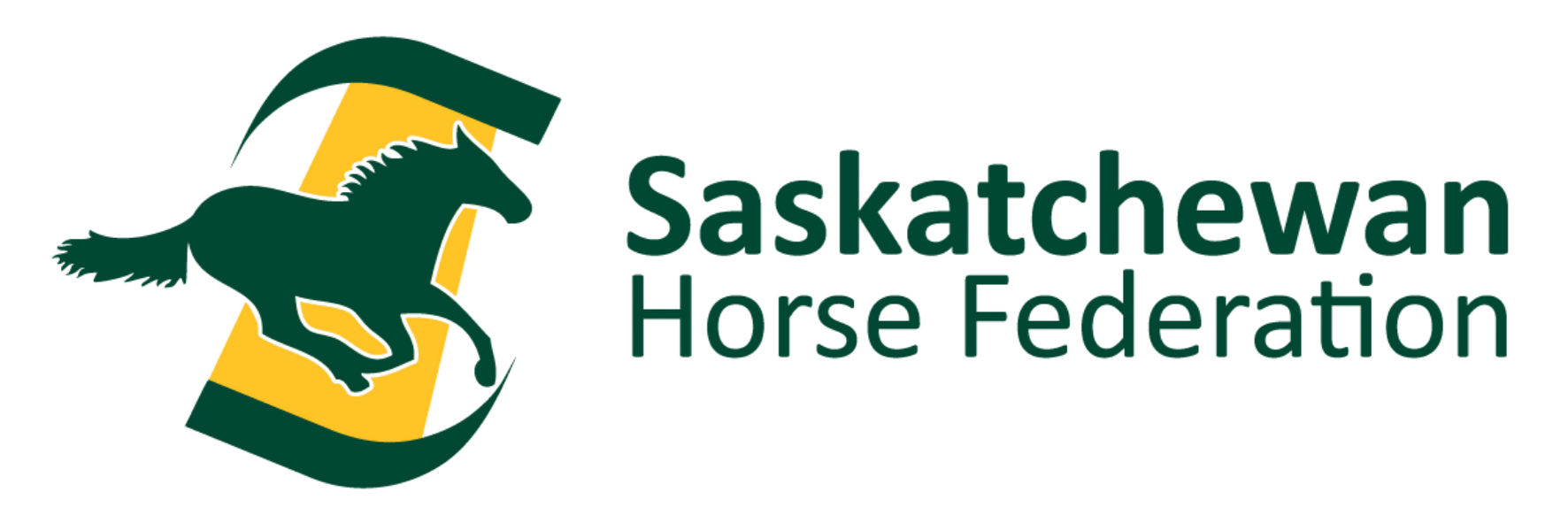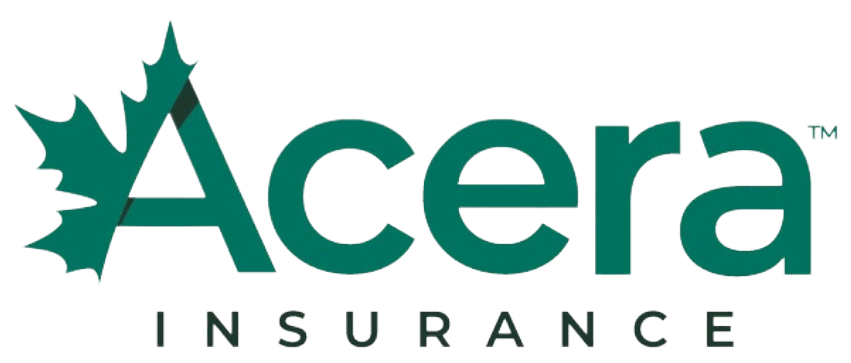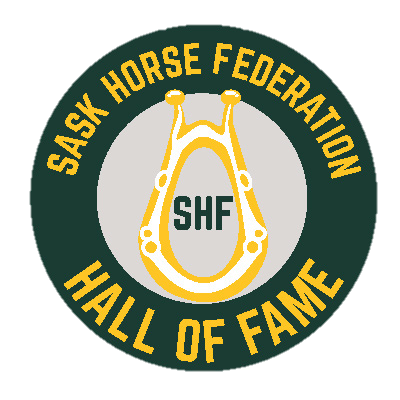Animal Protection Services of Saskatchewan Inc. was incorporated in 2015; they have taken up the enforcement of Saskatchewan’s Animal Protection Act that had historically been performed by the Investigative Services division of the Saskatchewan SPCA. Their dedicated and experienced Animal Protection Officers and other staff members have transitioned to the new organization, and continue to apply their knowledge and expertise to the resolution of concerns about animal care across Saskatchewan.
Who To Call
Animal Protection Act
The Animal Protection Act, 2018 is the Saskatchewan law that protects animals from abuse and distress. It is available online here.
The Act says that:
- No person shall cause an animal to be in distress
- No person responsible for an animal shall cause or permit the animal to be or continue to be in distress
An animal is in distress if it is:
- deprived of food or water sufficient to maintain the animal in a state of good health;
- deprived of care or shelter;
- deprived of veterinary care or medical attention;
- in need of reasonable protection from injurious heat or cold;
- wounded, ill, in pain, suffering, abused or neglected;
- kept in conditions that: are unsanitary; will significantly impair the animal’s health or well being over time; cause the animal anxiety or suffering; or contravene the prescribed standards, codes of practice or guidelines;
- abandoned by its owner or by a person responsible for the animal in a manner that causes, or is likely to cause, distress resulting from any or all the factors listed
A list of “Codes of Practice” that describe acceptable care standards for animals can be found in the Animal Protection Act Regulations here.
If a person is convicted under this Act, the possible penalties are:
- A fine of up to $25,000
- Imprisonment for up to 2 years
- A prohibition or restriction on owning animals for a specific period
What is Cruelty?
The two main types of animal cruelty are neglect and deliberate physical abuse. Most complaints that we investigate deal with some form of neglect, which may or may not be deliberate.
Signs of neglect can include:
• Very thin animals
• Animals without access to proper food, water or shelter
• Injuries or illnesses that are not treated
• Matted coats, overgrown hooves, unsanitary conditions
• Deliberately abandoned animals
We encourage people to make a complaint about potentially neglected animals as soon they become concerned, rather than waiting for animals to become critically thin or for the situation to become an emergency.
Physical abuse can be more difficult to see, and to prove. Unusual or re-occurring injuries can be a sign of abuse, but most often these types of complaints come from someone who has seen an animal being hit, thrown, or otherwise deliberately hurt.
Investigative Process
1. Complaint
Our process starts when we receive a complaint from a concerned party. Complainant information is strictly confidential, and we do accept anonymous complaints. Some complaints, such as physical abuse, are difficult to investigate without a witness that is willing to testify to what they saw.
2. Inspection
An Animal Protection Officer attends for an initial inspection, where they contact the owner and find out if the complaint will need further visits. If there is a problem, our officers work with the owner to improve the animal care concerns. We will leave requirements specific improvements, and will use experts like veterinarians when we need to. The timelines for follow up visits depend on the seriousness of the concerns. We resolve the majority of our cases through requirements for changes and follow up with the owners.
3. Seizure
Sometimes the owners will not make the needed changes, and as a last resort our officers must seize the animals in order to make arrangements for proper care; this happens in about 3% of our cases. If animals are seized, the owners do have a chance to make arrangements to have animals returned.
4. Charges
If animals have been seized, the owners and/or caregivers will usually be charged under the Animal Protection Act, 1999 and/or the Criminal Code of Canada. We can also lay charges if animals have not been seized, although this is rare. It can take several years for a case to move from a seizure through the trial process





.png)




